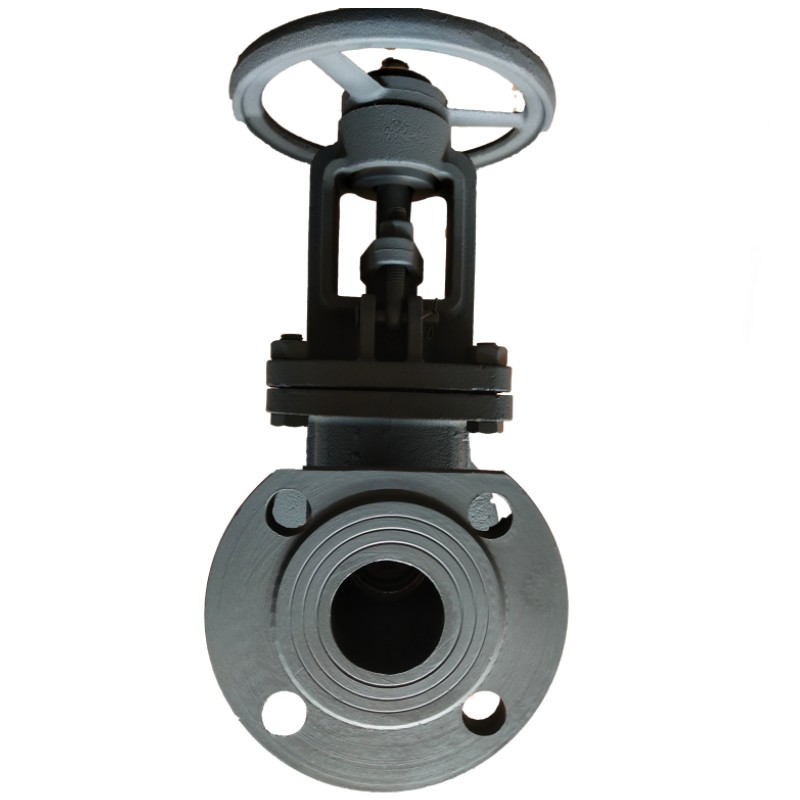110 volt electric actuator
Understanding 110 Volt Electric Actuators
Electric actuators have become an integral component of modern automation systems, providing precise control and movement in various applications across industries. Among the various types of electric actuators, the 110 volt variant stands out due to its practicality and effectiveness for numerous operations. This article will delve into the functionality, advantages, and applications of 110 volt electric actuators.
What is a 110 Volt Electric Actuator?
A 110 volt electric actuator is a device that converts electrical energy into mechanical energy. Primarily used to control the movement of different machinery parts, electric actuators operate using a 110V power supply, making them particularly suitable for residential and light industrial applications. These actuators come in various configurations, including linear and rotary types, operated via an electrical signal that can be automated or manually controlled.
How Do They Work?
Electric actuators work by utilizing an electric motor that drives a mechanism. In linear actuators, a lead screw or a rack-and-pinion mechanism translates the motor's rotational movement into linear motion. Conversely, rotary actuators move to create rotational motion, often used to turn valves or other mechanical components. The selection of a suitable actuator depends on the application requirements, involving factors such as load capacity, travel speed, and required precision.
Advantages of 110 Volt Electric Actuators
1. Ease of Use One of the most significant advantages of 110 volt electric actuators is their user-friendly nature. They are easy to install and operate, which makes them suitable for non-expert users, such as DIY enthusiasts and small businesses.
2. Cost-Effectiveness Compared to higher voltage options, 110 volt electric actuators tend to be more affordable and economical to operate. Their compatibility with standard electrical outlets removes the need for specialized electrical setups, further reducing installation costs.
3. Versatility These actuators exhibit versatility across a wide range of applications. From controlling dampers in HVAC systems to adjusting the positioning of solar panels, the adaptability of 110 volt electric actuators makes them essential in numerous sectors.
4. Energy Efficiency Modern electric actuators are designed to consume less energy while providing robust performance. This efficiency translates to lower operational costs and a reduced environmental impact, aligning with current sustainability trends.
110 volt electric actuator

5. Safety Operating at 110 volts offers a greater level of safety in residential or commercial environments, especially when compared to higher voltage systems that may pose higher electrical hazards.
Applications of 110 Volt Electric Actuators
110 volt electric actuators find applications in a variety of fields
- Automated Gate Systems They are frequently used in electric gates for residential homes to automate opening and closing functions seamlessly.
- HVAC Systems These actuators control the positioning of dampers within heating, ventilation, and air conditioning systems, regulating airflow and maintaining comfort.
- Industrial Automation In manufacturing environments, 110 volt electric actuators assist in the automation of production lines, enabling the efficient operation of machinery and robotic systems.
- Robotics They serve as vital components in robotic arms, allowing for precise manipulations required in assembly and pick-and-place tasks.
- Agriculture Electric actuators are used in agricultural machinery, such as automated watering systems, providing efficient and responsive control over irrigation.
Conclusion
The 110 volt electric actuator has established itself as a reliable and efficient solution in various applications ranging from home automation to industrial processes. Its ease of use, cost-effectiveness, versatility, and energy efficiency make it an appealing choice for both professionals and hobbyists alike. As technology continues to evolve, the role of electric actuators is poised to expand further, playing a crucial part in the future of automation and control systems. Understanding the advantages and applications of 110 volt electric actuators can pave the way for innovative solutions in both existing and new projects.
-
The Key to Fluid Control: Exploring the Advantages of Ball Valves in Industrial SystemsNewsJul.09,2025
-
The Versatile World of 1, 2, and 3 Piece Ball ValvesNewsJul.09,2025
-
Stainless Steel Ball Valves: The Ideal Choice for Efficient Flow ControlNewsJul.09,2025
-
Optimizing Fluid Control with Ball Float ValvesNewsJul.09,2025
-
Manual Gate Valves: Essential for Control and EfficiencyNewsJul.09,2025
-
Everything You Need to Know About Butterfly ValvesNewsJul.09,2025
-
The Versatility of Wafer Type Butterfly ValvesNewsJul.08,2025




